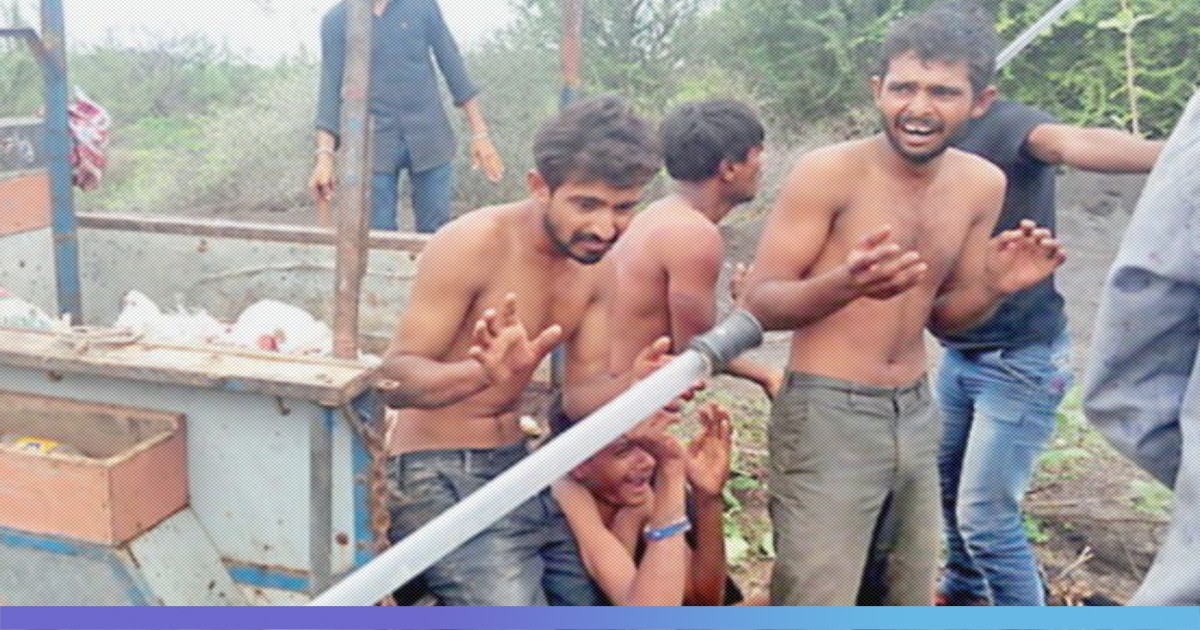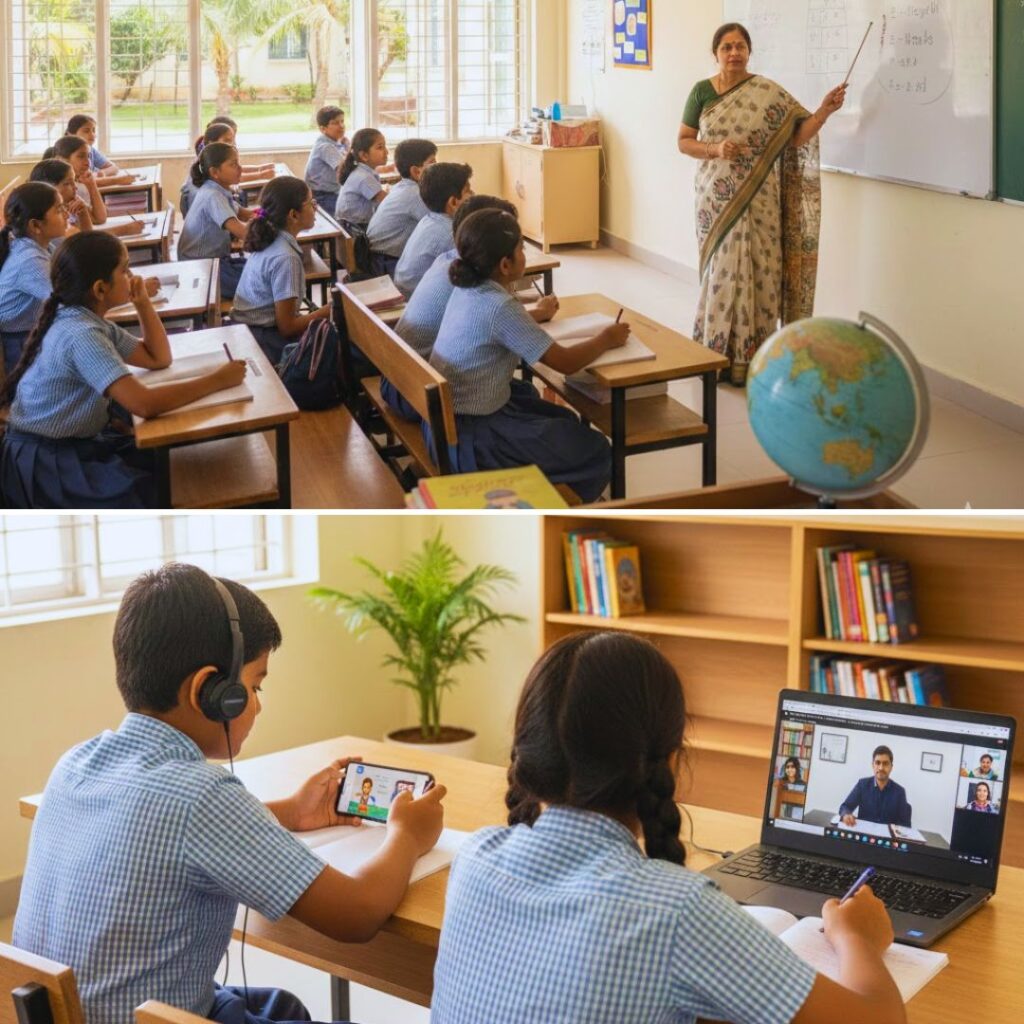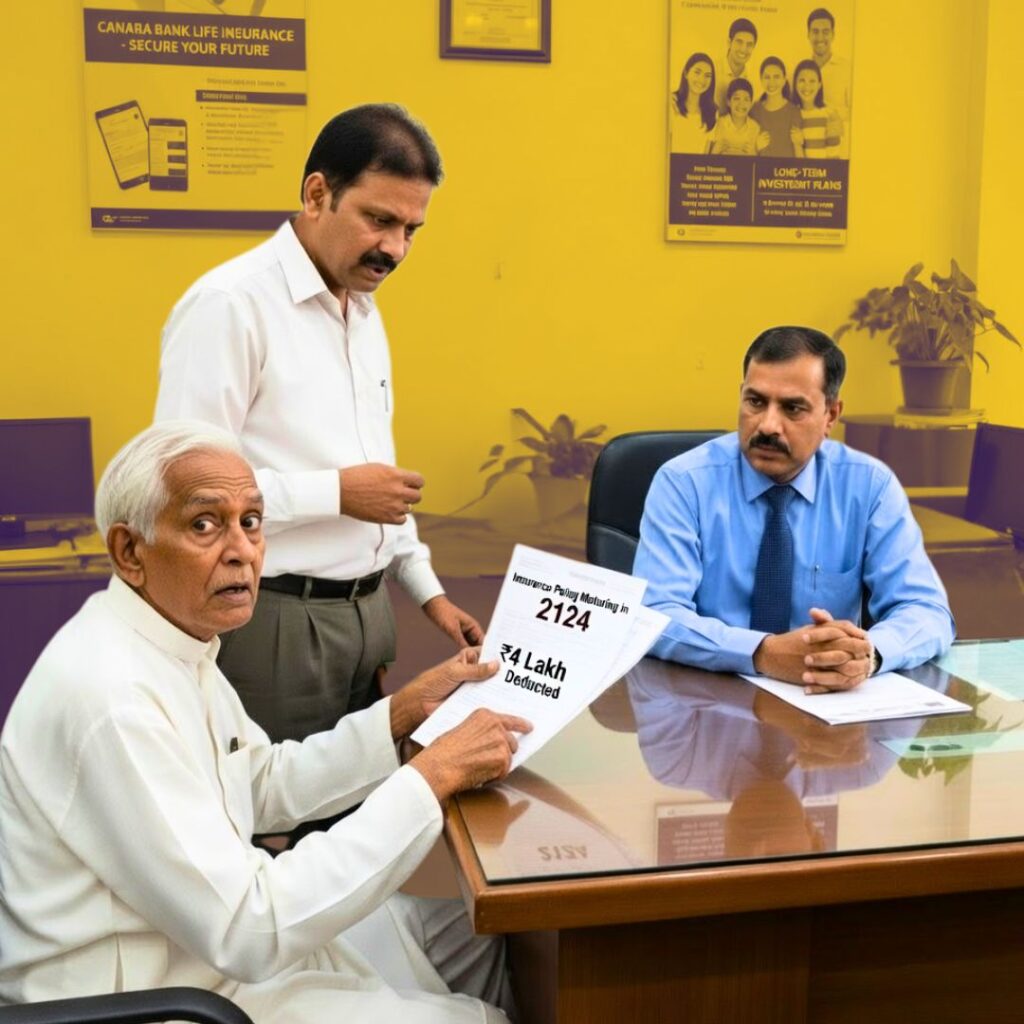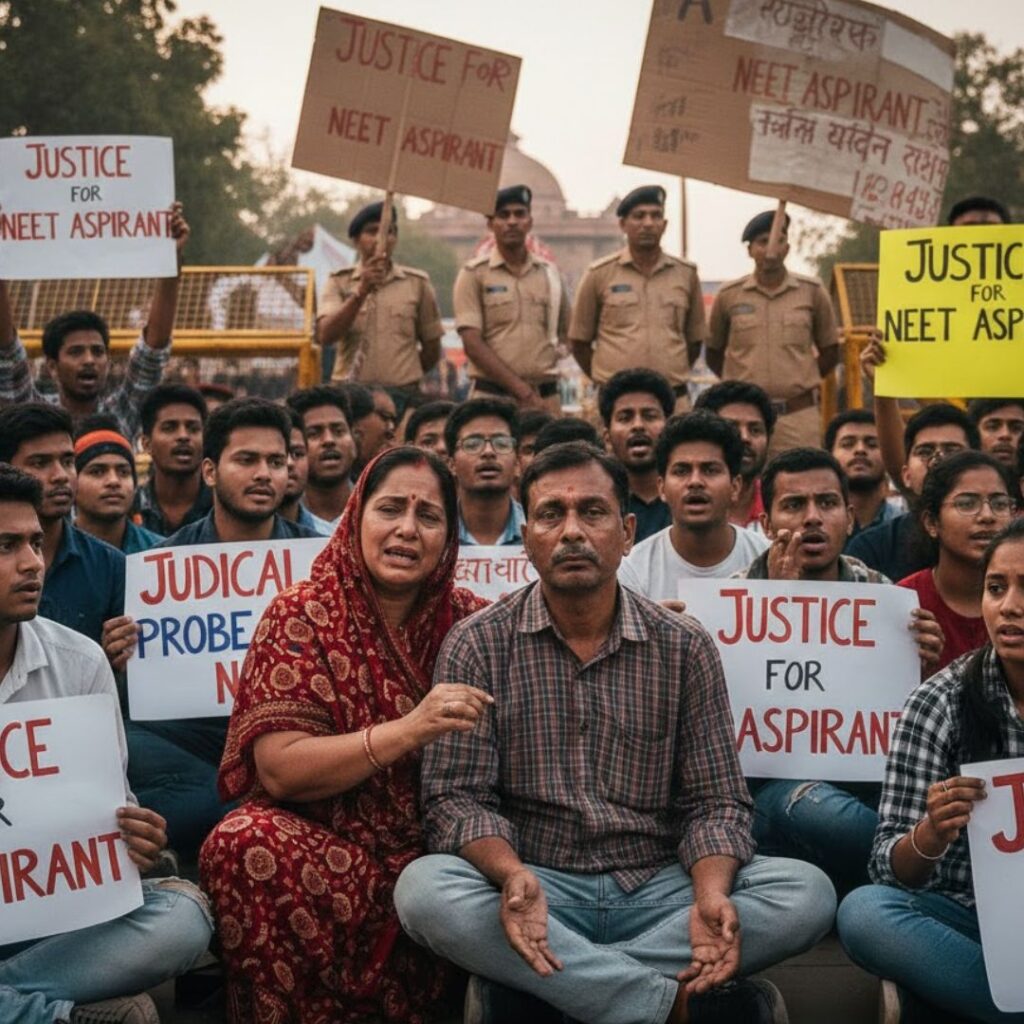Dalits in Gujarat’s Lhor village have decided not to dispose of animal carcasses as part of their “customary” service, claiming it was a “filthy and unpaid for” job that was forced upon them.
The refusal, they allege, is why upper castes called for a social boycott of Dalits on May 8, immediately after a Dalit groom took out a wedding procession in Lhor on a horse.
50-year-old Manubhai Parmar’s son Mehul, 24, got married on May 7, and a procession was taken out in the village, with the groom riding a horse.
However, the complaint said that a day after the wedding, sarpanch Vinu Thakor and deputy sarpanch Baldev Thakor made an announcement at the village temple, asking all villagers, except the ‘Harijans’ (Dalits), to assemble at the village panchayat.
Three Dalits witnessed the panchayat, in which upper caste people claimed that they were “disturbed” over the marriage procession and the Dalits in the village “did not maintain their limits”.
Police registered an FIR on May 9 based on the complaint of the bridegroom’s father, under different provisions of the Scheduled Castes & Scheduled Tribes (Prevention of Atrocities) Act and the Indian Penal Code.
The Alleged Boycott
The majority in Lhor, which has a population of over 1,600, is formed by upper caste Thakors. They denied that the reason behind the alleged boycott is because of the Dalits refusing to dispose of animal carcasses.
Most Dalits, however, believe otherwise. The Indian Express quoted Mukesh Shrimali as saying, “We (the Dalits) were not getting any remuneration for it and the service was imposed on us as a custom for long. They think Dalits have to do it.”
He further mentioned that their older generations used to pick up animal carcasses, and the tradition has been going on for hundreds of years.
He said that four to five people in their community are doctors now, and they also have a professor. There is even a lawyer and a head constable in the community from the village. The younger generation does not want to engage in this work. Hence, the leaders took the decision to not dispose of carcasses any more.
A Dalit from Lhor, Vishnu Senva, alleged that the Dalits have always been directed to sit separately in dark places during community events and religious functions.
“We have been demanding that all should eat together. However, they flatly refuse. Also, the village barber does not cut the hair of Dalits under pressure from the non-Dalits,” he said.
Most of the Thakors in the village have denied any link between the social boycott and the disposal of carcasses. But some of them, however, indicated that they do hold a grudge against the Dalits.
Two women from upper cast on the condition of anonymity said that it is unusual on the part of the Dalits to expect that they would sit and eat together.
One of them said, “…we have to lift dead animals or make arrangements to dispose of it. If they (Dalits) don’t do their work, what are we supposed to do?”
Social activist Martin Macwan said that he studied and discovered that Dalit community in 30 villages in Gujarat have stopped lifting animal carcasses. Dalit communities are determined not to compromise any longer.
The Logical Indian take
Caste-based discrimination is an ugly reality in India. Violence and social boycott of Dalits on account of their caste is a horror that prevails in various parts of the country.
The last few weeks have seen several incidents of caste-based violence and discrimination in the country. Upper-caste men allegedly beat a 21-year-old Dalit man to death in Uttarakhand for having dinner sitting on a chair in front of them in a wedding.
A wedding procession of a Dalit man was allegedly stopped by members of Patidar community at Aravalli district in Gujarat on May 12 evening. Patidar community tried to stall the wedding by singing bhajans and performing yagna in the middle of the road, according to media reports.
A newly-wed inter-caste couple was set on fire by the bride’s relatives, in Ahmednagar district, Maharashtra on May 1. The woman, who was two months pregnant, died in the hospital, while the husband sustained severe burn injuries.
It is true that the Indian Constitution guarantees equal rights for all its citizens, but on the darker side, these promises have done little to improve the condition of millions of people who continue to face the horrors of caste-based discrimination and untouchability.
It is extremely unfortunate that such an evil system has existed unchallenged for decades now. People of lower castes who have dared to revolt have often been crushed by a society which thrives on the deeply ingrained belief that caste determines a person’s social status.
Also Read: Gujarat: Members Of Upper Caste Stall Dalit Wedding Procession; Violent Clash Follows













